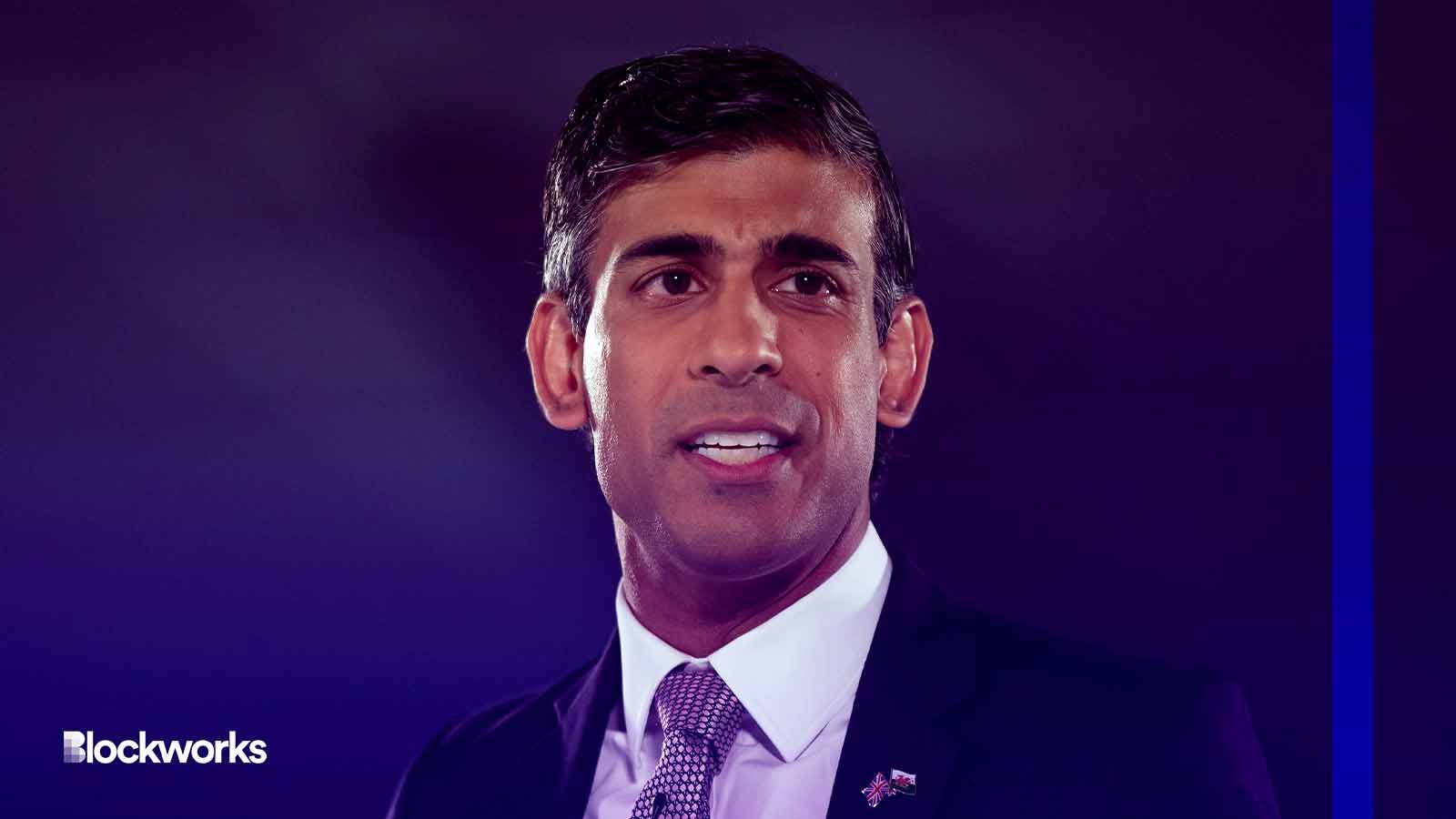UK mulls granting Bank of England more power in stablecoin regulation
The consultation paper explains that the BOE could take on “prudential matters,” and the FCA could head up conduct

UK Prime Minister Rishi Sunak | ComposedPix/Shutterstock modified by Blockworks
The UK Treasury penned a consultation paper on stablecoins, outlining how it’s considering approaching stablecoin regulation.
The government is considering tapping the Bank of England to oversee stablecoins alongside the Financial Conduct Authority (FCA). The consultation paper comes after the government sought feedback from respondents — including PayPal, HSBC UK, Circle and Barclays.
The Treasury found that the Banking Act of 2009 gives the BOE enough of a regulatory perimeter to oversee stablecoins, though it noted that it will “further clarify the Bank’s existing regulatory toolkit.”
“A clear majority agreed with the government’s principles to reforming this perimeter to ensure that the Bank’s capacity to mitigate acute financial stability risks kept pace with the evolution of the payments sector at large,” the UK government said.
The paper lays out the groundwork for what could be expected of the BOE if it’s put in charge of stablecoins. The Bank would take point on “prudential matters,” while the FCA would head up conduct.
However, “the Bank would be given the power to prevent the FCA from taking action in relation to an entity recognised as systemic” and the Prudential Regulation Authority could step in if any FCA actions caused concern around financial stability.
According to the paper, the government will push the BOE to supply details on how it will regulate newer technologies, though it also notes that the power shouldn’t then be applied to entities that are already supervised by the bank.
“The government also recognises that limits might be set to mitigate broader financial stability risks, such as the financial and monetary stability risks posed by new forms of digital money such as stablecoins,” the paper said.
The Bank of England has been conducting stablecoin and distributed ledger technology research, with the BOE finding that stablecoins offer “efficiency” in payments earlier this year.
Get the news in your inbox. Explore Blockworks newsletters:
- The Breakdown: Decoding crypto and the markets. Daily.
- 0xResearch: Alpha in your inbox. Think like an analyst.






